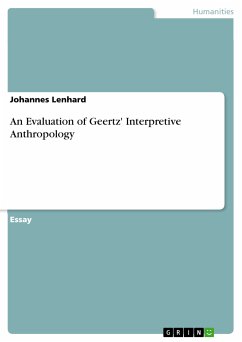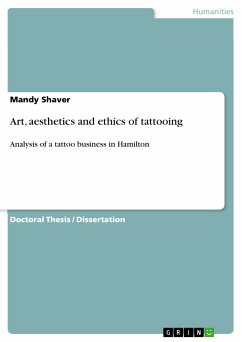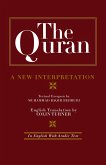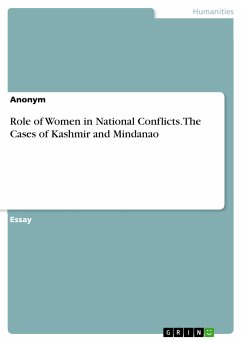Essay from the year 2013 in the subject Ethnology / Cultural Anthropology, grade: 64%, University of Cambridge, language: English, abstract: As Geertz himself has recognised, "one cannot write a 'General Theory of Cultural Interpretation'" (TD, 26). It might therefore be wrong right from the beginning to talk about his 'project'. Accepting this notion for a moment, one has furthermore to acknowledge that Geertz has only picked up different traditions - namely those of Weber, Boas and Kluckhohn in the social sciences and Wittgenstein and Husserl in philosophy - and 'melted' them into a distinguishable whole (Ortner, 1984). If one also dismisses this historical analysis for a moment and takes Geertz project of an 'interpretive anthropology' as a given whole, a description develops around his notions of semiotic culture, thick description, small matters and native narratives. It is in those ideas that one finds both Geertz' strengths and weaknesses as I argue below. Arguing both in abstract, theoretical terms and in relation to Geertz' major ethnographies - Negara, Meaning and order in Moroccan society and Deep play - the significance of the interpretive project is undeniable but not without limitations: Does the interpretation of culture as a text make sense? How does Geertz link his focus on 'small matters' towards an analysis of culture? Is it possible to deny theory?
Dieser Download kann aus rechtlichen Gründen nur mit Rechnungsadresse in A, B, BG, CY, CZ, D, DK, EW, E, FIN, F, GR, HR, H, IRL, I, LT, L, LR, M, NL, PL, P, R, S, SLO, SK ausgeliefert werden.









